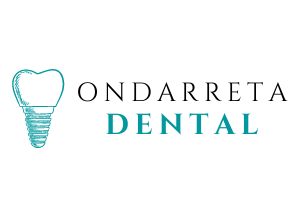What is Pediatric Dentistry?
Pediatric dentistry is the branch of dentistry that deals with the diagnosis and treatment of dental diseases and problems in children, from the youngest children, babies, to adolescence.
Pediatric dentistry is mostly dedicated to the early diagnosis of diseases of the teeth and mouth, the early diagnosis of malocclusion and prevention and education in healthy oral habits.
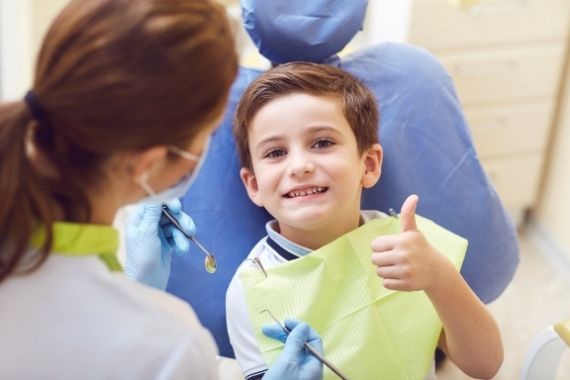
Prevention in Pediatric Dentistry
The fundamental pillar of children's dentistry is the prevention of future oral diseases and the early diagnosis of dentofacial disorders.
To this end, we are dedicated to:
– Teaching sessions on oral hygiene and healthy habits for the little ones and their parents with the help of our mascot Leo.
– Advice on children's nutritional and dietary habits.
– Professional fluoridation sessions and prescription and instructions for use of fluoride at home.
– Sealing pits and fissures to prevent cavities in permanent teeth.
– Early detection of incipient cavities.
– Control of the eruption of temporary (baby) teeth and permanent teeth to detect anomalies.
– Early diagnosis of malocclusions and early treatment to avoid complex orthodontic treatments or orthognathic surgery in adolescence or adulthood.
childhood cavities
The objective of pediatric dentistry is to prevent pathology (cavities) from appearing through adequate oral prevention. Sometimes, when prevention comes late, dental treatments themselves may be required to cure said pathology.
Our pediatric dentist makes sure that our little ones come happy and without fear to the dentist.
Our most frequent children's dental treatments:
– Children's dental hygiene and education (hygienic and nutritional).
– Fluoridation treatments for the treatment of small superficial cavities and for the prevention and strengthening of the tooth structure.
– Fillings (fillings): for childhood cavities.
– Pulpotomies or pulpectomies (childhood endodontic treatment): it may be necessary in case of advanced cavities that have reached the pulp (nerve) of the tooth).
– Extraction of baby teeth that do not fall out on their own and hinder or harm the eruption of the permanent tooth.
– Treatment and monitoring of dental trauma in children.
– Control and maintenance of space in case of premature loss of baby teeth to allow correct eruption of permanent teeth.
– Remineralization of white spots in the enamel of permanent teeth.
Baby dentistry and breastfeeding advice
Baby Dentistry is a subspecialty of children's dentistry aimed at our babies. There are many parents who have many doubts about how to take care of the oral health of the little ones in the house: whether to wait for the eruption of the first tooth to start having hygienic care or wait for them all to emerge; if the bottle is harmful; whether the use of a pacifier is good; if the frenulum can affect the suction of the teat or breastfeeding, etc.
The first teeth usually erupt around 6 months. Although they are teeth that are with us for a few years, we must pay close attention to them to preserve them until they fall out. They are very important teeth for the correct functioning and health of the mouth and the development of orofacial functions: breathing, swallowing and phonation.
In our baby dentist sessions we dedicate ourselves to:
– Teach parents oral hygiene tips for little ones: how to brush, what role fluoride plays and how it should be used safely.
– Breastfeeding advice regarding oral health.
- Feeding Habits.
– Early detection of:
– Malformations in the jaws
– Alterations in the eruption of baby teeth
– Detection and treatment of early cavities
– Short lingual frenulums that can cause achyloglossia
– Diagnosis and treatment of oral pathology: baby bottle cavities, fungal infection (thrush), cysts, etc.
Correction of bad habits
Our little ones, and not so little ones, may have small habits that seem harmless but are of great importance and must be detected and corrected early to avoid future consequences mainly of malocclusions and dentofacial malformation.
Our pediatric dentist works, side by side, with a multidisciplinary team of physiotherapists and speech therapists who will help correct these unhealthy habits:
– Breathing through the mouth (oral) that will require rehabilitation of nasal breathing.
– Postural correction.
– Atypical swallowing.
– Onychophagy habits (biting nails) or other objects.
– Thumb sucking.
– Prolonged use of a bottle or pacifier.
Dental Caries is a tooth infection; It is a destructive bacterial disease of dental structures produced by a series of microbes that live in our mouth. Cavities are, in addition, the most common childhood chronic disease.
Until the first year of age, it is enough to clean the teeth with a small moistened gauze. From the age of two, the brush is introduced, with a small head and soft bristles. Parents have the job of teaching the little one, gently brushing them after each meal. The amount of pasta must be minimal – the equivalent of one lentil – since it is not advisable to swallow the fluoride.
Fluorination, under the control of Pediatric dentist, is one of the most effective remedies to fight cavities. The enamel can be strengthen and remineralize Through the application of fluorine. Fluoride reacts with hydroxyapatite crystals of the enamel and turns them into fluorapatite crystals which are much more resistant to the action of acids.
In the past, yes, now they are very safe since the entire radiology system in our clinic is digital, guaranteeing the minimum possible radiation.
The Spanish Society of Pediatric Dentistry (SEOP) advocates that the first visit to the dentist be made in the first year of life, and even during the last trimester of pregnancy, as proposed by numerous world-renowned Academies; such as the North American, European, English and Swedish Academy, mainly.
Professional fluoride should be applied every six months, but it depends on the risk group to which the child belongs and depending on their needs, the Dr. will tell you how often you should perform the procedures. reviews, since there are children who have a predisposition to develop Cavities or other types of pathologies and it is very important that Dr., detect this problem, evaluate the cause and eliminate it as soon as possible. The usual and always recommended thing is to go every 6 months to review the state of your oral health.
Through a bone scan, are decisive to carry out any preventive planning either therapy and give a much more comprehensive and accurate view of the structure of the child's teeth.
Request Your Appointment
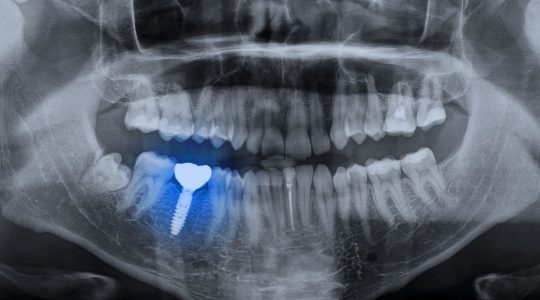
Can a dental implant cause rejection?
Even the best dental implants can cause patient rejection. Do you want to know how and why this happens? We tell you.
Read More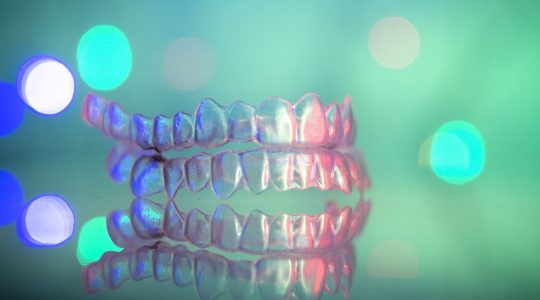
Everything you need to know about Invisible Orthodontics
Today's technology makes it possible to achieve the smile you have always wanted without having to live with traditional and unattractive appliances.
Read More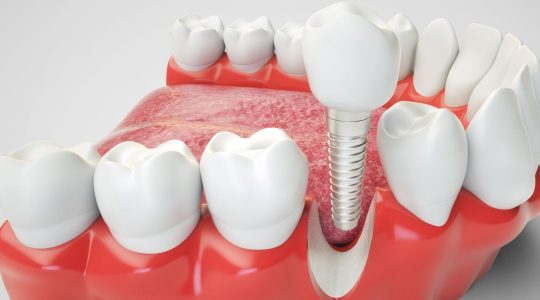
Myths about Dental Implants
Nowadays it is possible to place dental implants even if we have very little bone, since there are regeneration techniques.
Read More